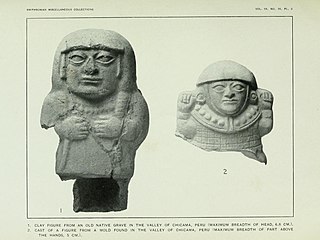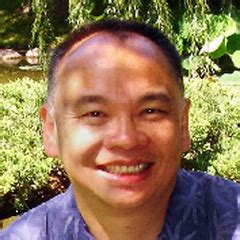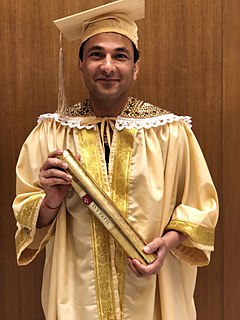A Quote by Terrence Malick
What's this war in the heart of Nature? Why does Nature vie with itself? The Land contend with the Sea? Is there an avenging power in Nature? Not one power, but two?
Related Quotes
After decades of faithful study, ecologists have begun to fathom hidden likenesses among many interwoven systems. ...a canon of nature's laws, strategies, and principles...
Nature runs on sunlight.
Nature uses only the energy it needs.
Nature fits form to function.
Nature recycles everything.
Nature rewards cooperation.
Nature banks on diversity.
Nature demands local expertise.
Nature curbs excesses from within.
Nature taps the power of limits.
We still talk in terms of conquest. We still haven't become mature enough to think of ourselves as only a tiny part of a vast and incredible universe. Man's attitude toward nature is today critically important simply because we have now acquired a fateful power to alter and destroy nature. But man is a part of nature, and his war against nature is inevitably a war against himself.
Nature is seen by humans through a screen of beliefs, knowledge, and purposes, and it is in terms of their images of nature, rather than of the actual structure of nature, that they act. Yet, it is upon nature itself that they do act, and it is nature itself that acts upon them, nurturing or destroying them.
Nature consists of facts and of regularities, and is in itself neither moral nor immoral. It is we who impose our standards upon nature, and who in this way introduce morals into the natural world, in spite the fact that we are part of this world. We are products of nature, but nature has made us together with our power of altering the world, of foreseeing and of planning for the future, and of making far-reaching decisions for which we are morally responsible. Yet, responsibility, decisions, enter the world of nature only with us
Nature is man's inorganic body -- that is to say, nature insofar as it is not the human body. Man lives from nature -- i.e., nature is his body -- and he must maintain a continuing dialogue with it is he is not to die. To say that man's physical and mental life is linked to nature simply means that nature is linked to itself, for man is a part of nature.
For the religious, passivism [i.e., objects are obedient to the laws of nature] provides a clear role of God as the author of the laws of nature. If the laws of nature are God's commands for an essentially passive world ..., God also has the power to suspend the laws of nature, and so perform miracles.
It is the Late city that first defies the land, contradicts Nature in the lines of its silhouette, denies all Nature. It wants to be something different from and higher than Nature. These high-pitched gables, these Baroque cupolas, spires, and pinnacles, neither are, nor desire to be, related with anything in Nature. And then begins the gigantic megalopolis, the city-as-world, which suffers nothing beside itself and sets about annihilating the country picture.
If speculation tends thus to a terrific unity, in which all things are absorbed, action tends directly back to diversity. The first is the course or gravitation of mind; the second is the power of nature. Nature is manifold. The unity absorbs, and melts or reduces. Nature opens and creates. These two principles reappear and interpenetrate all things, all thought; the one, the many.





































